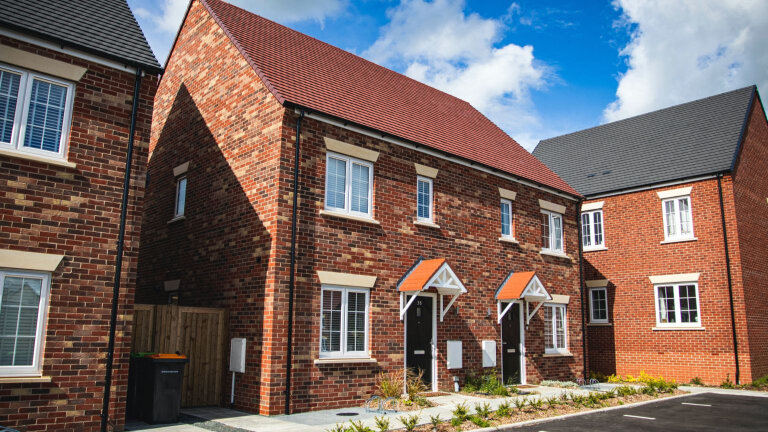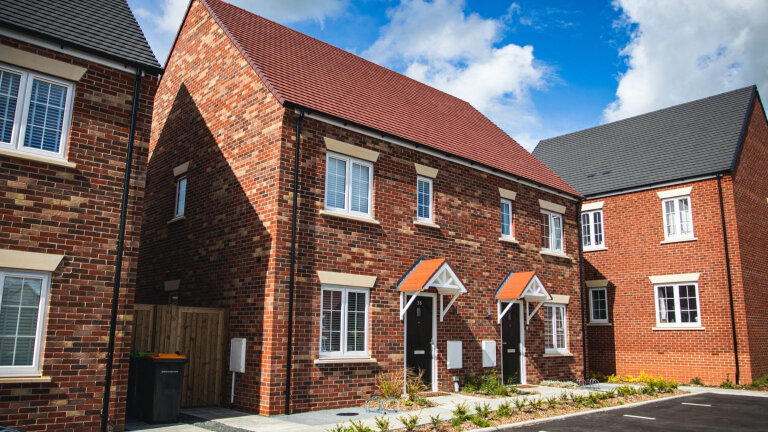
RBS Bridge Loans
What are bridging loans?
Bridging loans are a short-term financial solution for financing property.
Bridge loans assist with "bridging the gap" between selling and acquiring property. Few high-street banks typically offer residential bridging loans, and when they do, it's in limited terms, with most banks (like RBS) not offering them at all.
Still, many other applications can be sought via specialist lenders, and not directly through banks, with the help of a bridge loan advisor – this is especially helpful with bridging finance in Scotland.
Can I get a bridge loan directly with RBS?
If you already bank with RBS, there are personal loan packages but nothing closely resembling bridging.
Therefore, you cannot go directly to a high-street bank such as RBS, because they simply do not offer bridging on the same terms as specialised lenders.
These lenders (with the help of a bridge loan advisor) offer alternative financing options for whatever situation you face when it comes to financing property – these options can come in the form of;
• Commercial bridging loans
• Loans for property development – renovation and refurbishment
• Bridge loans to help finance auction properties
• A bridging loan for a self-build project.
Why use a bridging loan broker?
- Using brokers allows you to access lenders you would not otherwise get access to on your own.
- Brokers also advise on bridging finance and answer any questions you may have.
- As a result of a competitive market, lenders can offer lower rates to their clients, which means that individuals may get a better deal than they could obtain on their own.
- Brokers present a client's situation to lenders, opening up more financial options and choices that are appropriate for the client.
- When high-street banks are not a direct option, a bridge loan advisor is your best course of action to find a bridging solution for financing property.
What are the advantages of bridging loans?
• Fast finance - You can secure your dream home faster if you're a cash buyer in a competitive market. Bridging loans are ideal when time is of the essence.
• Flexibility – As long as you have sufficient security, you can use bridging finance to "bridge the gap" on any property purchase, whether residential, commercial or for financing a development project.
• Interest rates - There are higher interest rates with bridging finance, but you can "roll up" your payments so you won't have to worry about long-term interest, as you can pay it off in full without worrying about early repayment fees.
• Credit history - Bridging loans are acquired based on the property's value (the security) rather than an individual's income or credit history. Lenders will forego the stringent checks associated with mortgages when applying for bridging finance.
What will a bridging loan cost?
Bridging loans can be expensive and vary in cost, whether from a high-street bank or a specialist lender.
There are high-interest rates and additional fees to consider – yet, there are ways to mitigate some of these costs. A broker can help organise a desktop valuation or can get “dual representation” to combine legal fees for both the borrower and lender.
A bridge loan calculator can give you an idea of costs based on your financial circumstances and a lender's requirements - you can use our free one here.
However, while getting an indicative quote through the bridge loan calculator is helpful, it may not be wholly indicative of all your available financial options - we can help you with that.
A bridging loan specialist can help, when the high-street banks cant
Our brokers can provide affordable bridging finance options through our network of specialist lenders and find you a favourable deal.
In working with us, we can help pinpoint the best bridging loan for your circumstances, and you can avoid wasting time going directly to RBS, which do not offer bridging finance.
















